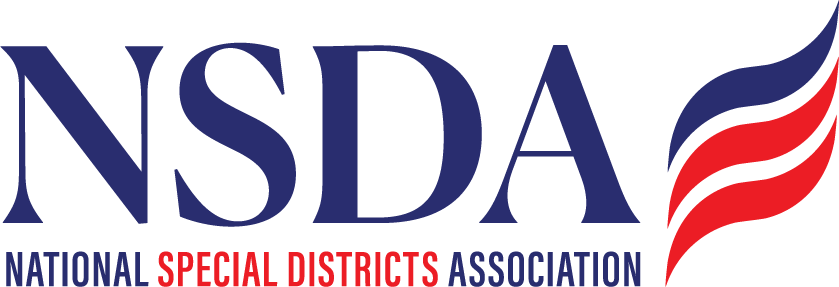NSDC Weekly Updates - April 8, 2024
Attached is a summary of the recent FY 2024 appropriations acts (combined, the two measures fund the entirety of the federal government for the remainder of the fiscal year).
FY 2024 Consolidated Appropriations Act - Summary - NSDC (1).pdfHouse and Senate Action
Congress returns to action after a two-week break. The Senate gaveled in earlier today, and the House will begin legislating on Tuesday. There are a number of pending, and politically fraught, issues for lawmakers to contend with in the coming days and weeks. Top of mind for House and Senate leaders is a military aid package for Ukraine and Israel, as well as a foreign intelligence surveillance reauthorization package. Another politically sensitive issue that will soon move to the forefront is the impeachment trial of Homeland Security Secretary Alejandro Mayorkas. However, Senate Democrats could bypass the trial entirely if they are able to band together in support of a motion to seek the immediate dismissal of the case against Mayorkas.
Looking ahead, Senate Majority Leader Chuck Schumer (D-NY) recently outlined his priorities for the coming weeks and months. According to Schumer, the upper chamber will take action on “bipartisan bills that enhance our national security, advance online safety for kids and promote innovation, expand the Child Tax Credit, work on a path forward on TikTok legislation, combat the fentanyl crisis, hold failed bank executives accountable, address rail safety, ensure internet affordability, safeguard cannabis banking, outcompete the Chinese government, lower the cost of prescription drugs like insulin while expanding access to health care, and more.”
Bipartisan Legislation Introduced to Help Harden Homes Against Wildfires
Representatives Mike Thompson (D-CA) and Doug LaMalfa (R-CA) recently introduced bipartisan legislation – the Disaster Resiliency and Coverage Act of 2024 (H.R. 7849) – that would incentivize homeowners to mitigate disaster risks on their property. Specifically, H.R. 7849 would establish a new grant program through which individual households in designated disaster-prone regions are eligible for up to $10,000 for specified disaster resiliency work on their homes. The legislation stipulates that payments from State-run disaster resiliency programs and payments from various federal emergency agricultural programs are not considered income for federal tax purposes. Finally, the bill would provide a 30 percent tax credit for qualified disaster risk mitigation activities conducted by individuals or businesses. The credit is meant to complement the grant program by providing meaningful assistance to larger property owners for whom mitigation activity costs would far exceed $10,000. The text of the legislation can be accessed here.
Treasury Department Releases New FAQ’s on ARPA SLFRF Funds
On March 29, the Treasury Department released new FAQ’s related to the Obligation Interim Final Rule (IFR) for the American Rescue Plan Act (ARPA) State and Local Fiscal Recovery Fund (SLFRF). These updates will grant additional flexibilities for SLFRF expenditures. Among other things, the new guidance makes clear that sub-recipients are not subject to the December 31, 2024, obligation deadline. It also will provide new flexibility to reclassify excess funds for SLFRF-eligible uses after the December 31, 2024 obligation deadline.
OMB Finalizes Guidance to Make Grants More Accessible and Transparent
The Office of Management and Budget (OMB) recently updated its Uniform Grants Guidance to help streamline and clarify requirements for Federal funding. Among other things, the changes aim to achieve goals like eliminating several prior-approval requirements, revising Notices of Funding Opportunities requirements to make it easier for potential applicants to seek out grants, and expanding grant accessibility by eliminating English language requirements on various grant documents. The guidance will also allow recipients to utilize grant funding to establish or bolster data infrastructure capabilities. OMB is also publishing an implementation memorandum that will direct agencies to put the revisions into effect by October 1, 2024, and provide additional tools to strengthen and streamline the administration of Federal financial assistance.
Relevant Hearings and Markups
House Appropriations – On Wednesday morning, Homeland Security Secretary Alejandro Mayorkas will appear before the panel to defend the president’s fiscal year 2025 budget request for the Department. More information on the hearing can be found here.
Senate Appropriations – On Wednesday morning, lawmakers will hear from U.S. Forest Service Chief Randy Moore on the president’s fiscal year 2025 budget request. In the afternoon, the panel will hear from Secretary Alejandro Mayorkas. Additional details can be accessed here.
